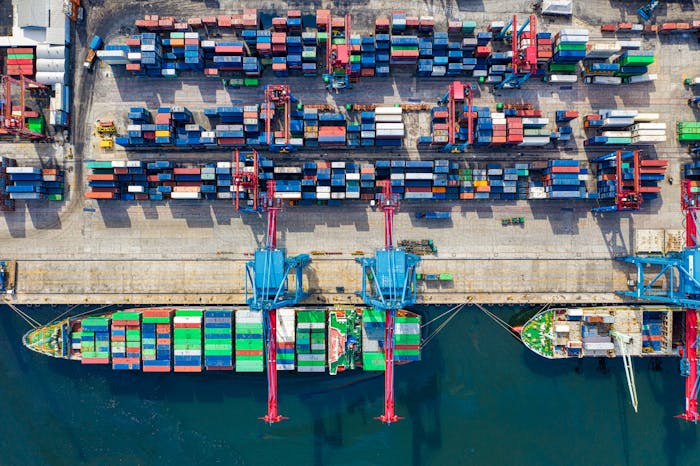A company’s supply chain is crucial to operations. Without supplies, businesses are unable to maintain productivity. They lack inventory to fulfill orders and may not have the resources they need to complete daily tasks.
Unfortunately, several factors can disrupt supply chains. Disruptions may be due to unforeseen circumstances (take the pandemic for instance) or they may be the result of improper planning. COOs who plan and implement the proper risk management strategies will keep their companies running smoothly.
Best Practices for Streamlining Supply Chains
Forecast and Demand Planning
COOs must pay attention to trends in their business and industry. Doing so will ensure they have the supplies they need when they need them.
A very simple example exists in seasonal items. Businesses know to order more summer stock when the weather gets warm, and more winter stock when the weather gets cold. But some trends are not as easy to foresee.
Big data and predictive analytics can help companies forecast more accurately. It prevents oversupply and undersupply.
Integrate Automation
Automation can be valuable in supply chain management. Advanced software tools can automatically alert companies when inventory is too low or too high.
The technology can also be used in warehouse systems to expedite orders. It can pick and pack merchandise, handle purchases and invoicing, and create contracts. It minimizes errors and speeds up processes to boost efficiency and reduce costs.
Sustainable Sourcing
Many of today’s leaders opt for more sustainable processes in their supply chains. It starts with finding ethically produced products and guides processing and handling techniques. Companies will seek out ways to integrate renewable energy and recycling into their in-house and vendor-related supply strategies.
Sustainable sourcing is beneficial on various levels. It pleases environmental customers, reduces the risk of reputational damage and regulatory penalties, and often saves companies money in the long run.
It can also increase transparency throughout the supply chain. For example, organizations like IBM Food Trust use blockchain technology to reveal insights into food handling across the supply chain. Growers, processors, wholesalers, and distributors that are part of the network can benefit from the increased visibility.
Strong Vendor Relationships
Vendors may have insights into supply chain shortages that companies are not aware of. Ensure you are the first to hear of potential disruptions by building a strong relationship with your vendors. Communicate with them frequently to learn if your supplies are in stock and ready for delivery.
Companies should also have various backup solutions available. They should have multiple reliable vendors in their database. If a vendor runs out of supplies, they should be prepared to call another one.
Avoid signing into exclusive contracts with one vendor to ensure your bases are covered.
Rely on Technology
Several advances in technology can help businesses stay on top of their supply chain. For example, AI and machine learning can assist with forecasting and inventory management. They make businesses aware of changes in demand and inventory status so they can place orders accordingly.
Internet of Things (IoT) technology can provide real-time tracking. It keeps companies apprised of the status of their orders so they can monitor order fulfillment, identify issues, and respond to disruptions right away. They may also integrate a supply chain tower that provides metrics across the supply chain for additional visibility.
Enterprise resource planning (ERP) is another valuable technology in the supply chain space. These systems help businesses automate and manage core processes. They can provide an overview of the metrics a business requires to streamline supply chain processes.
Hire the Right Talent
Technology plays a huge role in today’s supply chain management strategies, but there is a human behind every machine. Companies must hire the right talent to handle these machines. They should recruit a staff that is proficient in supply chain technology as well as services like logistics, shipping, packing, and customer service.
Finding the right talent is only part of the battle. COOs must also strive to retain the talent they require. They should provide a rewarding work environment and offer incentives that fuel motivation.
Want to learn more about the processes that will improve your organization’s efficiency? Sign up for our newsletter today.


0 Comments